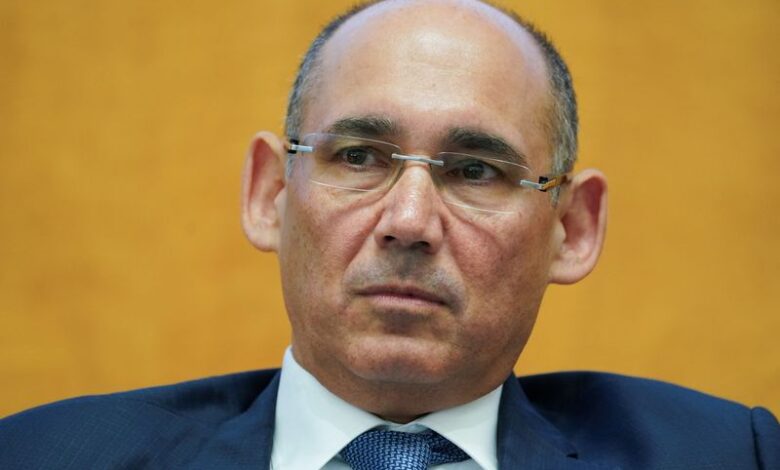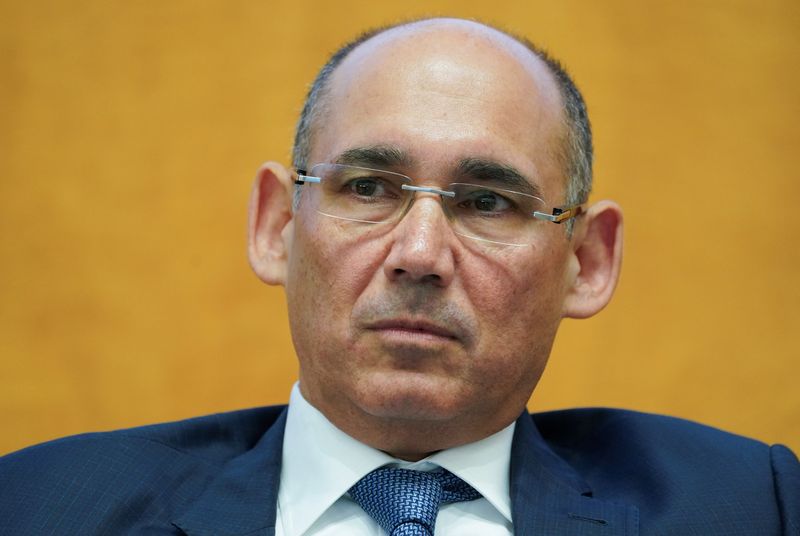Israel economy will recover, Yaron says after Moody’s cut, but action needed


© Reuters. FILE PHOTO: Bank of Israel Governor Amir Yaron listens to remarks on “Monetary Policy Challenges in a Global Economy” during the international Monetary Fund’s (IMF) annual research conference on “Global Interdependence” in Washington, U.S., November 9, 20
By Steven Scheer and Ari Rabinovitch
JERUSALEM (Reuters) -Bank of Israel Governor Amir Yaron said on Sunday the country’s economy was strong and would recover from the impact of the war, but called on the government to address issues raised by Moody’s (NYSE:) after the agency downgraded Israel’s sovereign credit rating.
To boost confidence of markets and ratings companies in Israel, it was key for “the government and the Knesset act to address the economic issues raised in the report,” Yaron said.
“We knew how to recover from difficult times in the past and quickly return to prosperity, and the Israeli economy has the strength to ensure that this will be the case this time as well,” he said.
Yaron, since the Palestinian Islamist group Hamas’ Oct. 7 massacre of mostly civilians in Israel, has urged the government to maintain fiscal discipline and trim spending on items not related to Israel’s reprisals against the group in Gaza.
In the first-ever downgrade for Israel, Moody’s cut the country rating to “A2,” five notches above investment grade, from A1 on Friday, and kept its credit outlook at negative, meaning a further downgrade is possible.
Moody’s cited material political and fiscal risks from the war, adding “Israel’s budget deficit will be significantly larger than expected before the conflict.”
The downgrade, if prolonged or if it leads to further such moves, would raise borrowing costs for Israel and could lead to budget cuts and tax hikes to keep the budget deficit from spiraling out of control.
Israel’s debt-to-GDP ratio, Moody’s noted, looked likely to peak at 67% by 2025, versus 62.1% in 2023.
Still, that ratio has been much higher in the past during periods of economic crises for Israel, but “there was never any delay in the government’s debt repayments,” Yaron said.
Last month, S&P Ratings told Reuters it could lower Israel’s credit rating if the war with Hamas expands to other fronts.
Lawmakers last week gave initial approval to a revised 2024 state budget that added tens of billions of shekels to finance the war and compensate those affected, as well as a rise in the budget deficit this year to 6.6% of GDP from 2.25%.
Prime Minister Benjamin Netanyahu on Friday reacted to Moody’s move on Friday, saying “the rating will go back up as soon as we win the war – and we will win.”



